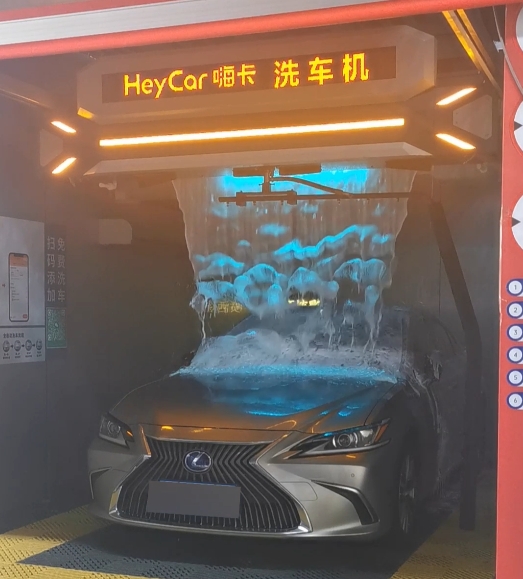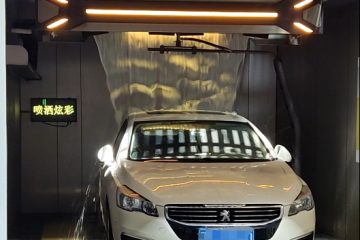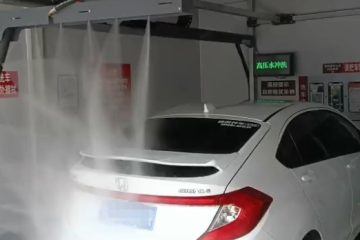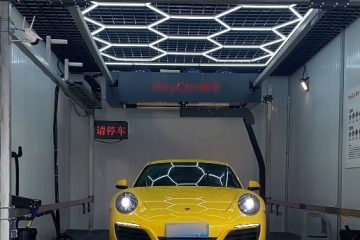Choosing an automatic car wash system is a significant investment, whether you’re a seasoned car wash owner looking to upgrade or a budding entrepreneur entering the industry. The total cost isn’t a simple figure, varying wildly based on several interconnected factors. This article breaks down the key cost components to help you navigate the complexities and make an informed decision.

- Initial Investment Costs: This is the upfront capital expenditure required to purchase and install the system. Costs vary dramatically depending on:
Type of System: The simplest systems, like a single-bay, in-bay automatic, can start around $50,000. More sophisticated systems, such as multi-bay in-bay automatics, tunnel washes, or those incorporating advanced features like frictionless washes, can cost hundreds of thousands, even exceeding $1 million for larger, high-capacity setups.
Equipment Included: The cost significantly increases with the inclusion of additional features. These extras might include:
Pre-soak systems: High-pressure detergents and specialized brushes for improved cleaning.
Automated dryers: High-velocity air dryers for quicker drying and reduced water usage.
Chemical dispensing systems: Precisely measured chemical application for optimal cleaning and protection.
Advanced washing technologies: Soft cloth systems, foam brushes, or high-pressure water jets.
Payment systems: Credit card readers, contactless payment options, and automated ticketing.
Building Requirements: Existing building modifications or new construction costs can dramatically inflate the total investment. This includes structural support, plumbing, electrical work, and appropriate drainage systems.
- Ongoing Operational Costs: These are the recurring expenses associated with running the car wash. Key factors include:
Water and Electricity: These are significant costs, particularly for high-volume washes. Water conservation technologies and energy-efficient equipment can help mitigate these expenses.
Chemicals and Supplies: Detergents, waxes, tire shine, and other cleaning solutions are consumable costs that need regular replenishment. The frequency and volume depend on the number of washes per day.
Maintenance and Repairs: Regular maintenance is crucial for prolonging equipment lifespan and preventing costly breakdowns. Budget for routine servicing, parts replacement, and potential emergency repairs.
Labor Costs: Depending on the system’s automation level, labor costs can range from minimal (highly automated systems) to significant (systems requiring attendants for pre-wash services or customer assistance).
Insurance and Permits: Ensure you have adequate insurance coverage and all necessary permits and licenses to operate legally.
- Financing and Return on Investment (ROI):
Financing Options: Securing financing through loans or leases is common, particularly for large-scale projects. Thoroughly investigate loan terms and interest rates before committing.
Return on Investment (ROI): Estimating ROI requires projecting revenue based on factors like location, pricing strategy, and operating costs. Consult with industry professionals to develop a realistic financial projection.
In Conclusion:
The cost of an automatic car wash system is highly variable and depends on a multitude of intertwined factors. Before making a decision, conduct thorough research, obtain multiple quotes from reputable suppliers, and meticulously analyze the financial implications. Careful planning and consideration of all cost components are vital for ensuring a successful and profitable venture. Remember to factor in potential future upgrades and expansions when making your initial investment.




